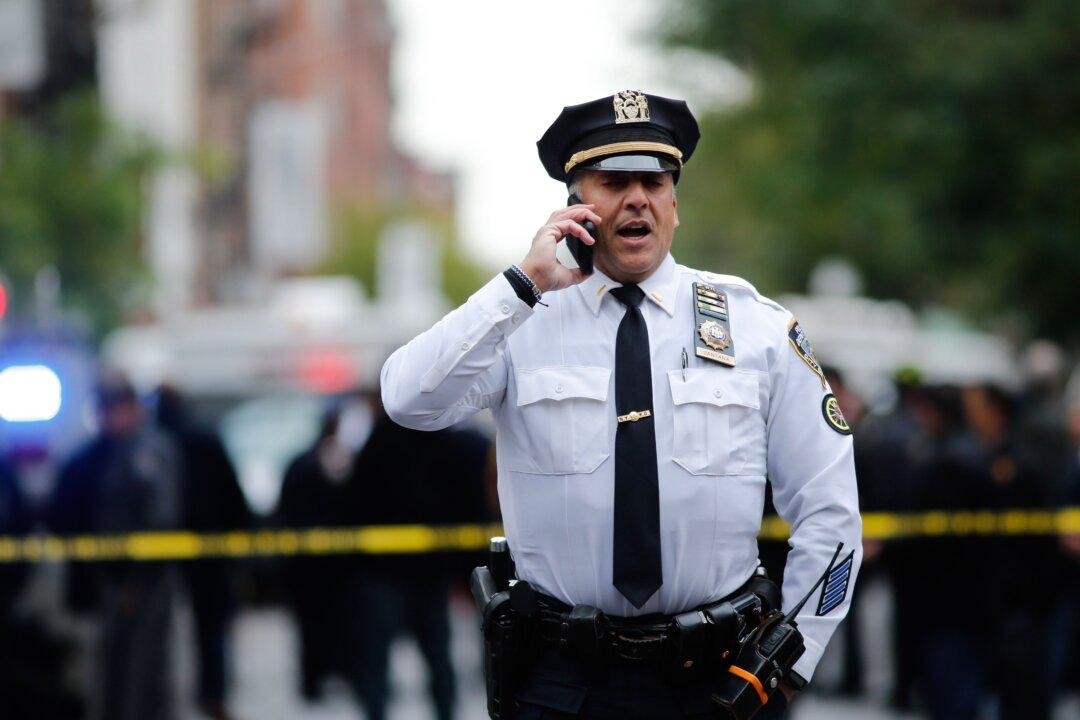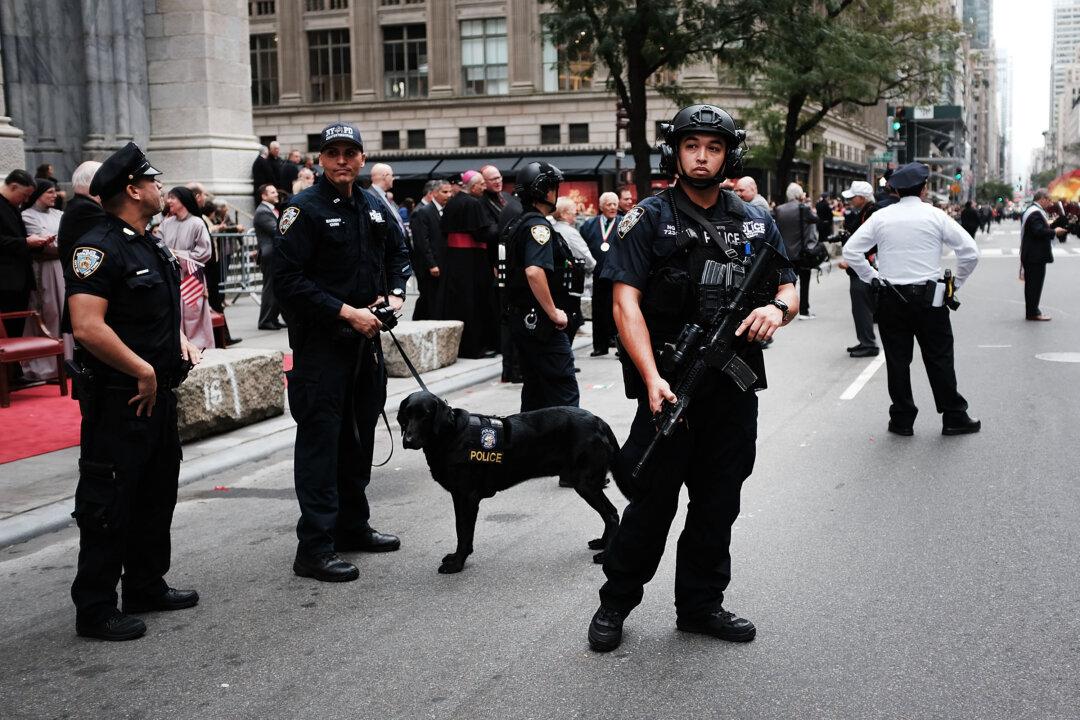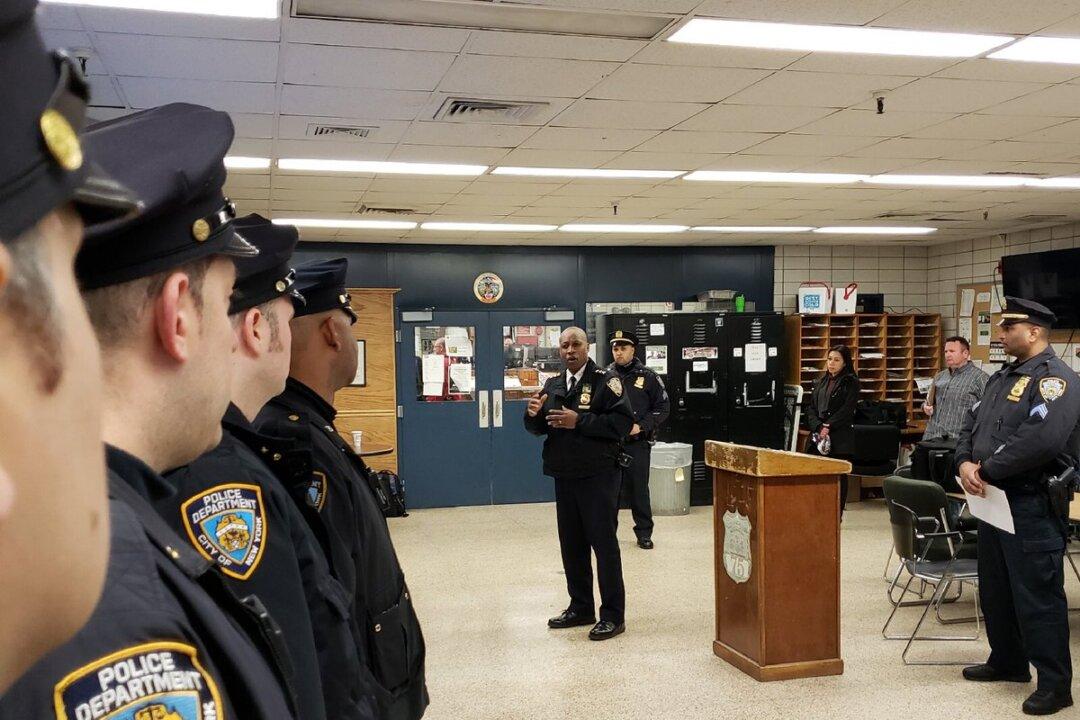Prior to his forthcoming retirement from the NYPD, Commissioner Bill Bratton deserves a commendation for enhancing community policing.
This enhancement includes improved training for officers, better patrol strategies emphasizing a positive interaction with the public, and sharpening officer’s problem-solving skills.
Bratton recently memorialized his philosophy with these words, “We want to develop well-rounded, highly skilled police officers, not arrest machines.”
The NYPD commissioner also emphasizes the positive results of “precision policing,” a contradiction to the stop, question, and frisk controversy.
The heart of the stop, question, and frisk controversy, according to Bratton, was a period of 700,000 stops with an arrest rate less than one-in-ten.
Police, according to Bratton, became imprecise in exercising their powers with stop, question, and frisk, and cast a net that was too wide.





